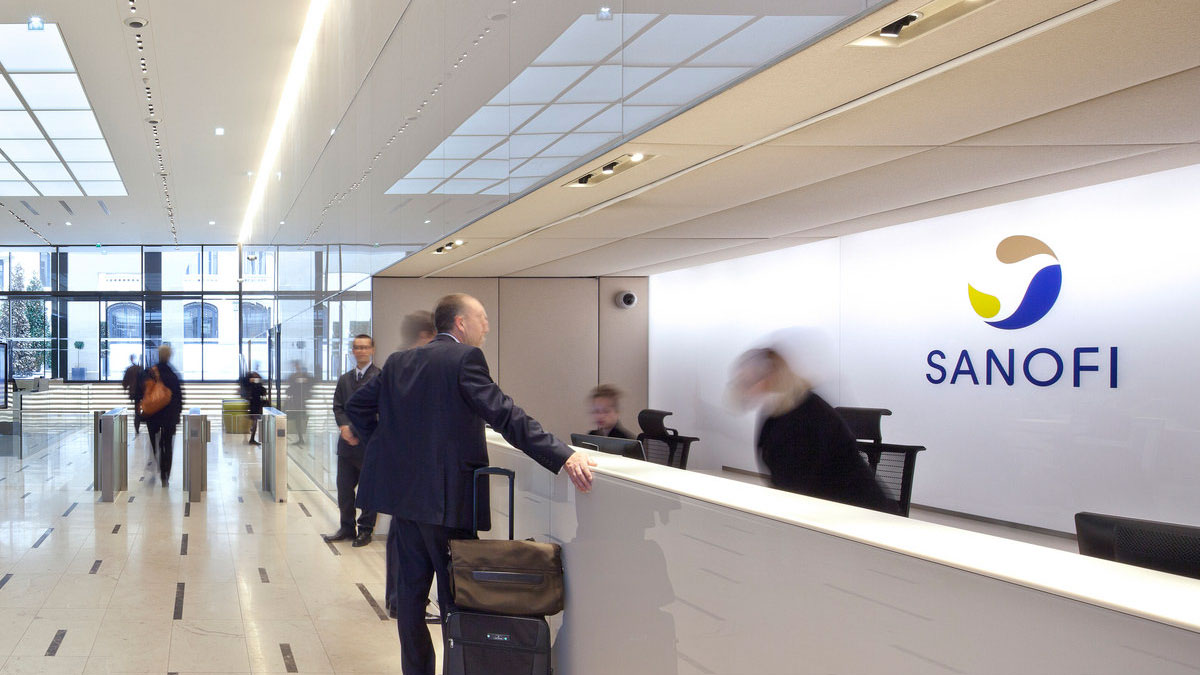COVID-19 vaccine row escalates as Macron calls meeting with Sanofi's CEO

No-one even knows if it is possible to make a vaccine against COVID-19 and already there is an escalating row about cost and equitable access if one succeeds in clinical trials.
As pharmaphorum reported, Sanofi’s CEO Paul Hudson sparked a major political controversy yesterday by saying that the US would have first rights to the company’s potential COVID-19 vaccine because it had invested most in the project.
President Emmanuel Macron has summoned Hudson and Sanofi’s top management to a meeting next week to explain themselves after a health minister said it was "unacceptable" for the US to be prioritised.
While Macron’s concern is likely to be the supply of any vaccine to France, the incident highlights how there is already a pecking order emerging about who would receive any vaccines first should they prove themselves in the clinic.
The US government will almost certainly be first to get access to one of the front-runners in clinical trials, which is being developed by US biotech Moderna in partnership with the federally funded National Institutes of Health (NIH).
It has already been the first to receive the antiviral drug remdesivir, which was initially developed by Gilead but trialed in COVID-19 with the help of the NIH’s National Institute of Allergy and Infectious Diseases.
In the UK, health secretary Matt Hancock has also said that the country’s NHS will be the first to receive a potential vaccine that is being developed by a team of scientists at Oxford University and AstraZeneca.
Now more than 140 world leaders and experts have called for future COVID-19 vaccines to be made available free of charge.
A global summit last week attended by countries including the UK, China and Japan raised more than $8 billion for a potential vaccine –but the Trump administration did not send a delegate.
Vaccines and treatments for the virus should not be patented, according to signatories to an open letter published ahead of next week’s World Health Assembly, which informs policy for the UN’s World Health Organisation.
Those signing the document calling for scientific breakthroughs to be shared across borders include South Africa’s president Cyril Ramaphosa, Pakistan’s prime minister Imran Khan, and the former UK prime minister Gordon Brown.
All this assumes a vaccine will be developed in the record-breaking timeline of around a year that are being optimistically suggested by pharma and biotechs.
According to the WHO there are eight vaccines in the clinic but Vas Narasimhan, CEO of Novartis has reportedly said that it will take around two years to develop a vaccine.
Former chief of the US Biomedical Advanced Research and Development Authority (BARDA) Rick Bright was even more pessimistic in his address to lawmakers yesterday.
Ousted from his post by the Trump administration over disagreements over how to handle the COVID-19 crisis, Bright pointed out that it typically takes around a decade to develop a vaccine.
An Obama appointee, Bright told the House of Representatives subcommittee on health: “If we fail to improve our response now based on science, I fear the pandemic will get worse and be prolonged.
“There will be likely a resurgence of COVID-19 this fall and it will be greatly compounded by the challenges of seasonal influenza.
“Without better planning, 2020 could be the darkest winter in modern history.”











